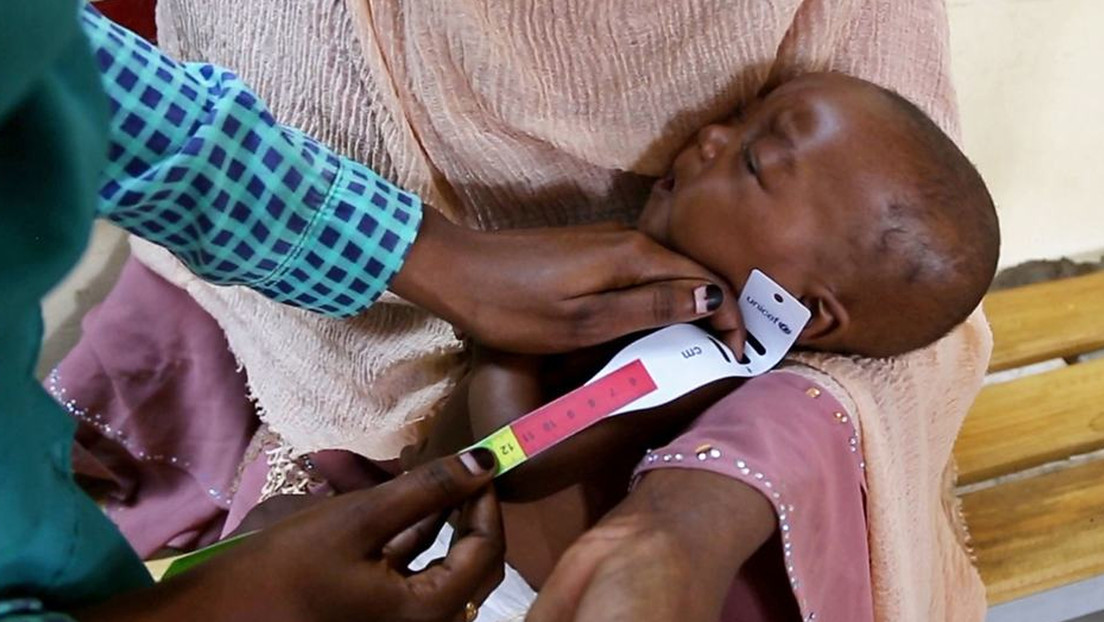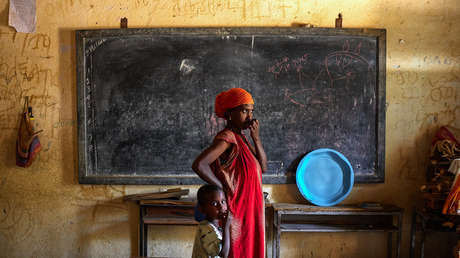Published:
Sep 24, 2024 07:10 GMT
The study presented by the NGO Oxfam Intermón warns about the increasing influence of the “ultra-rich” in the formation of “the rules of the game.”
A study prepared by Oxfam Intermón warned on the increase in the concentration of wealth, to the point that the 1% of the world’s population wealthiest has more than the remaining 95%The director of the NGO, Franc Cortada, pointed out that the “ultra-rich” are “bending the rules of the game in their favor.”
During the presentation of the report at the UN General Assembly in New York, Cortada said that countries are “losing their ability to act” in the face of concentrated economic power, which is why Oxfam claims that we live in the “era of global oligarchy.” “More than a third of the 50 largest companies in the world have a billionaire as their CEO or main shareholder,” the document states.
In the same sense, details that some 3,000 familieswho mostly live in North America, Europe and Australia, They account for 13% of the world’s Gross Domestic Product (GDP)Their wealth has grown by 10 percentage points since 1987, when they held 3% of global GDP. At the other extreme, almost half of the population lives on about $6.85 a day, which is equivalent to living below the poverty line.

This concentration of capital is a consequence, according to the report, of economic policies that favor the richest sectorssuch as the neoliberal measures adopted between 1980 and 1990, which prioritized private growth to the detriment of social welfare.
“The ultra-rich and the mega-corporations they control are shaping the rules of the game in their favor, at the expense of the rest of the population,” Cortada denounced, adding that “although the mantra is that rivalry between great powers is the greatest factor undermining multilateralism, the reality is that the extreme inequality plays a key role.”
He added that “in recent years, the ultra-rich and the most powerful corporations have used their enormous influence to stymie efforts to solve major global problems, such as combating tax evasion and avoidance, ensuring that Covid-19 vaccines are accessible to all people, or cancelling the unsustainable debts of countries in the global South.”
According to the Oxfam Intermón report, the global seed market is an example of the accumulation of power, as two companies control 40% of it, while three technology giants concentrate 75% of advertising revenue and 10% of the largest US companies have 95% of corporate profits that are generated after paying taxes.
This “hyperconcentration of power and wealth” It makes the existing inequality between people and geographical areas even greater, since the so-called global South “only has the 31% of global wealth“, but in those regions lives the 79% of the populationsince it includes India and China.


Vaccine crisis and climate change
Intellectual property is another point where concentrated groups exert influence. An example of this was what happened during the coronavirus pandemic, when pharmaceutical companies secured the rights to immunizers. This “ultimately contributed to a Vaccine ‘apartheid’“, through which the richest countries accumulated the majority of the doses.
The climate impact of economic development is also determined by large power groups. For Oxfam, the richest 1% of the world’s population causes the greatest amount of carbon dioxide emissions than the poorest two-thirds of the planet.
“Just one multilateralism based on equity and justice “The EU can reverse the intensification of the power of a global oligarchy. Some world leaders are showing that they are aware of this and have increased their efforts against inequality, but they need to be more and with greater force,” said Cortada, who advocated the cancellation of the public debt of the most disadvantaged countries and a new fiscal framework that combats tax evasion.















Add Comment